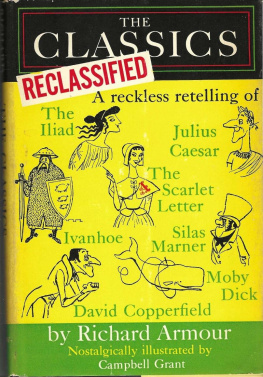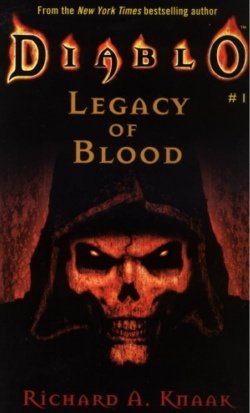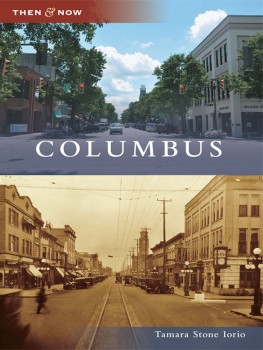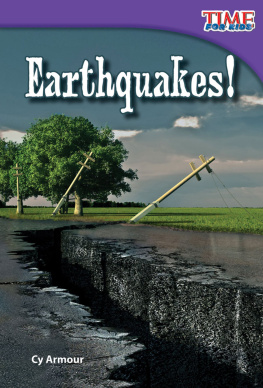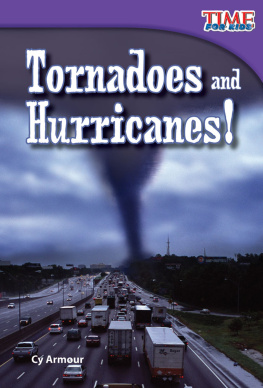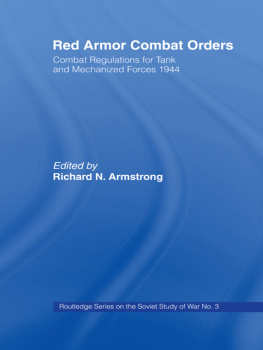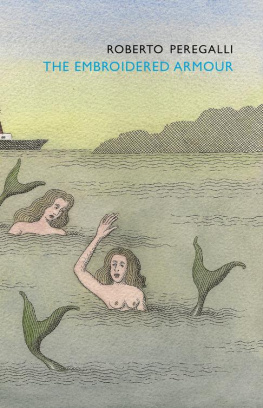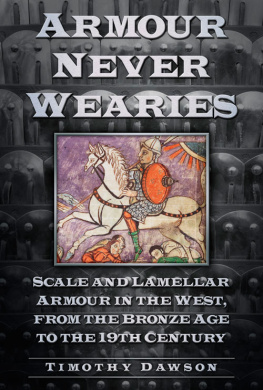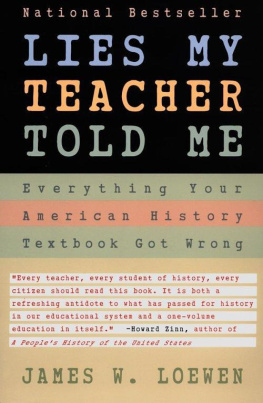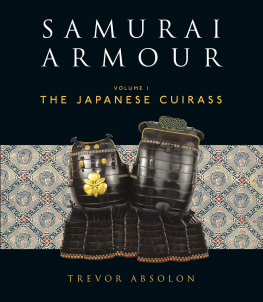Richard Armour - It All Started With Columbus
Here you can read online Richard Armour - It All Started With Columbus full text of the book (entire story) in english for free. Download pdf and epub, get meaning, cover and reviews about this ebook. year: 1963, publisher: Hammond, Hammond & Company, genre: History. Description of the work, (preface) as well as reviews are available. Best literature library LitArk.com created for fans of good reading and offers a wide selection of genres:
Romance novel
Science fiction
Adventure
Detective
Science
History
Home and family
Prose
Art
Politics
Computer
Non-fiction
Religion
Business
Children
Humor
Choose a favorite category and find really read worthwhile books. Enjoy immersion in the world of imagination, feel the emotions of the characters or learn something new for yourself, make an fascinating discovery.

- Book:It All Started With Columbus
- Author:
- Publisher:Hammond, Hammond & Company
- Genre:
- Year:1963
- Rating:4 / 5
- Favourites:Add to favourites
- Your mark:
- 80
- 1
- 2
- 3
- 4
- 5
It All Started With Columbus: summary, description and annotation
We offer to read an annotation, description, summary or preface (depends on what the author of the book "It All Started With Columbus" wrote himself). If you haven't found the necessary information about the book — write in the comments, we will try to find it.
It All Started With Columbus — read online for free the complete book (whole text) full work
Below is the text of the book, divided by pages. System saving the place of the last page read, allows you to conveniently read the book "It All Started With Columbus" online for free, without having to search again every time where you left off. Put a bookmark, and you can go to the page where you finished reading at any time.
Font size:
Interval:
Bookmark:
BEING AN UNEXPURGATED, UNABRIDGED, AND UNLIKELY HISTORY OF THE UNITED STATES FROM CHRISTOPHER COLUMBUS TO THE PRESENT FOR THOSE WHO, HAVING PERUSED A VOLUME OF HISTORY IN SCHOOL, SWORE THEY WOULD NEVER READ ANOTHER.
BY RICHARD ARMOUR, A.B., C.D., E.F.
Lavishly illustrated by Campbell Grant
MCGRAW-HILL BOOK COMPANY, INC.
IT ALL STARTED WITH COLUMBUS. Copyright, 1953, by Richard Armour.
All rights in this book are reserved. It may not be used for dramatic, motion-, or talking-picture purposes without written authorization from the holder of these rights. Nor may the book or parts thereof be reproduced in any manner whatsoever without permission in writing, except in the case of brief quotations embodied in critical articles and reviews. For information, address McGraw-Hill Book Company, Inc., 330 W. 42 St., New York 36, N. Y.
Library of Congress Catalog Card Number: 53-5181 Published by McGraw-Hill Book Company, Inc.
SIXTH PRINTING
PRINTED IN THE UNITED STATES OF AMERICA
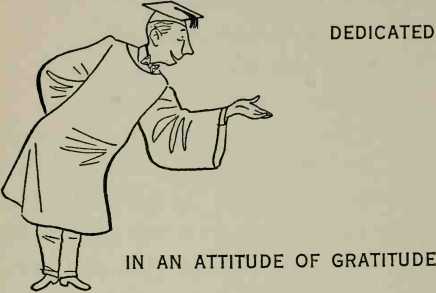
TO WALTER CARRUTHERS SELLAR AND ROBERT JULIAN YEATMAN WHO WROTE THE WONDERFUL 1066 AND ALL THAT
The author wishes to thank Christopher Columbus, Captain John Smith, George Washington, and the many others who made this book possible. He is also grateful to the Red Skins, the Red Coats, the Red Badge of Courage, and the inventor of gun powder, without whom the history of our country would have been sadly lacking in bloodshed and would have made dull reading.
Nota bene: The author will appreciate assistance in eliminating, in future editions, any accurate dates or undistorted facts that may have insinuated themselves despite the most painstaking research and proofreading.
R.A.
APOLOGIA.
THE AUTHOR APOLOGIZES FOR BEING UNABLE TO AFFORD A GHOST WRITER, WHICH EXPLAINS THE LACK OF A DISTINCTIVE PROSE STYLE.
America was founded by Columbus in 1492. This is an easy date to remember because it rhymes with ocean blue, which was the color of the Atlantic in those days. If he had sailed a year later the date would still be easy to remember because it would rhyme with boundless sea.
Columbus fled to this country because of persecution by Ferdinand and Isabella, who refused to believe the world was round, even when Columbus showed them an egg. Ferdinand later became famous because he objected to bullfights and said he preferred to smell flowers if he had to smell anything. He was stung in the end by a bee.
Before Columbus reached America, which he named after a man called American Vesuvius, he cried Ceylon! Ceylon! because he wanted to see India, which was engraved on his heart, before he died. When he arrived, he cried again. This time he cried Excelsior! meaning I have founded it. Excelsior has been widely used ever since by persons returning with chinaware from China, with indiaware from India, and with underware from Down Under.
Columbus was mistaken in thinking he had reached India when actually he had not got even as far as Indiana. There is still a great deal of confusion about the East and the West. As Columbus discovered, if you go west long enough you find yourself in the east, and vice versa. The East and the West are kept apart by the Date Line, just as the North and South are kept apart by the Masons Dixon Line. In the New World most of the eastern half of the country is called the Middle West, although it is known as the East by those who live in the Far West.
Columbus, who was as confused as anybody who has been at sea for a long time, called the first people he saw Indians. It is not known what they called Columbus. His unfortunate error has been perpetuated through the centuries. The original Americans are still known as Indians, while all manner of immigrants from England, Ireland, Angora, and Lichtenstein are referred to as Americans. 1
Accompanied by his devoted followers, the Knights of Columbus, Columbus made several other voyages in search of India. Try as he might, however, he kept discovering America, and finally returned to Spain to die. He lived for a time in Madrid, but spent his last days in Disgrace.
A MINORITY OPINION.
Some say it was not Columbus who discovered America but a man named Leaf Ericson. Leaf came from one of the Scandinavian countries with a shipload of people, all of whom were called Yon Yonson or Ole Olson or Big Swede, and went straight to Wisconsin, where he unloaded his passengers and went back for more.
1 Or, by their mathematically inclined friends, 100 percent Americans.
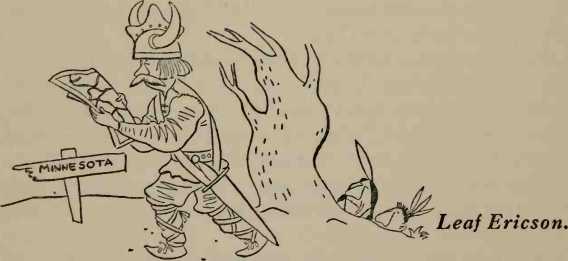
On his next trip he went to Minnesota.
We know all this from some undecipherable remarks he made on a piece of stone. This stone has since become an utter rune.
FURTHER EXPLORATIONS.
After Columbus proved the world was round, a great many people went around it. Marco Polo, who was one of the earlier explorers, had the misfortune to live several centuries before Columbus. Therefore, although he got around a good deal, he did not get completely around. He went far to the north, however, and is remembered for his discovery of the Polo regions.
Sir Francis Drake
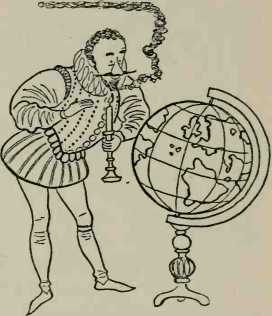
The chief rivals in exploration were England and Spain. England had men like Cabot, who spoke only to a man named Lowell, and Sir Francis Drake, who had a singed beard and a ship called the Golden Behind.
Nor should we forget Sir Martin Fourflusher.1
The struggle between England and Spain came to a climax in an epic sea battle off the Azores known as the Last Fight of the Revenge. In this decisive conflict, Sir Richard Grenville and Alfred Lord Tennyson proved conclusively that the lighter English warships could get more miles to the galleon.
England has ruled the waves ever since and has kept the sun from setting anywhere on her empire, thus providing a longer working day than in other countries.
1 A direct descendant of the early Saxons, who knew all the Angles.
STILL FURTHER EXPLORATIONS.
Other explorers included Bilbo, Cabbage de Vaca, Cortez (known as The Stout, who traveled much in realms looking for gold), and Pantsy de Lion, a thirsty old man who was looking for a drinking fountain.1 He never found it, but he founded Florida, to which a great many thirsty old men have gone ever since.
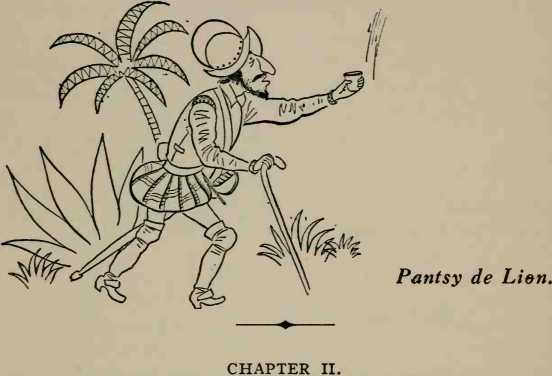
All this time there was not much happening in the New World, except that it was steadily growing older.
This period, known as the Doldrums, came to an end in fifteen-something-or-other when Sir Walter Raleigh, a man with a pointed beard and a pointless way of muddying his cloak, established a colony in America in the hope of pleasing the Queen, whose favor he had been in but was temporarily out of.
1 Some historians say that in his wanderings through the South he invented the Dixie cup, just in case.
Although he claimed the new land in the name of Elizabeth, he called it Virginia, which aroused suspicions in Elizabeths mind and caused her to confine Sir Walter in a tower. While imprisoned, Sir Walter made good use of his time by writing a history of the world on such scraps of paper as he could find, and filling other scraps of paper with a weed brought back
Font size:
Interval:
Bookmark:
Similar books «It All Started With Columbus»
Look at similar books to It All Started With Columbus. We have selected literature similar in name and meaning in the hope of providing readers with more options to find new, interesting, not yet read works.
Discussion, reviews of the book It All Started With Columbus and just readers' own opinions. Leave your comments, write what you think about the work, its meaning or the main characters. Specify what exactly you liked and what you didn't like, and why you think so.

